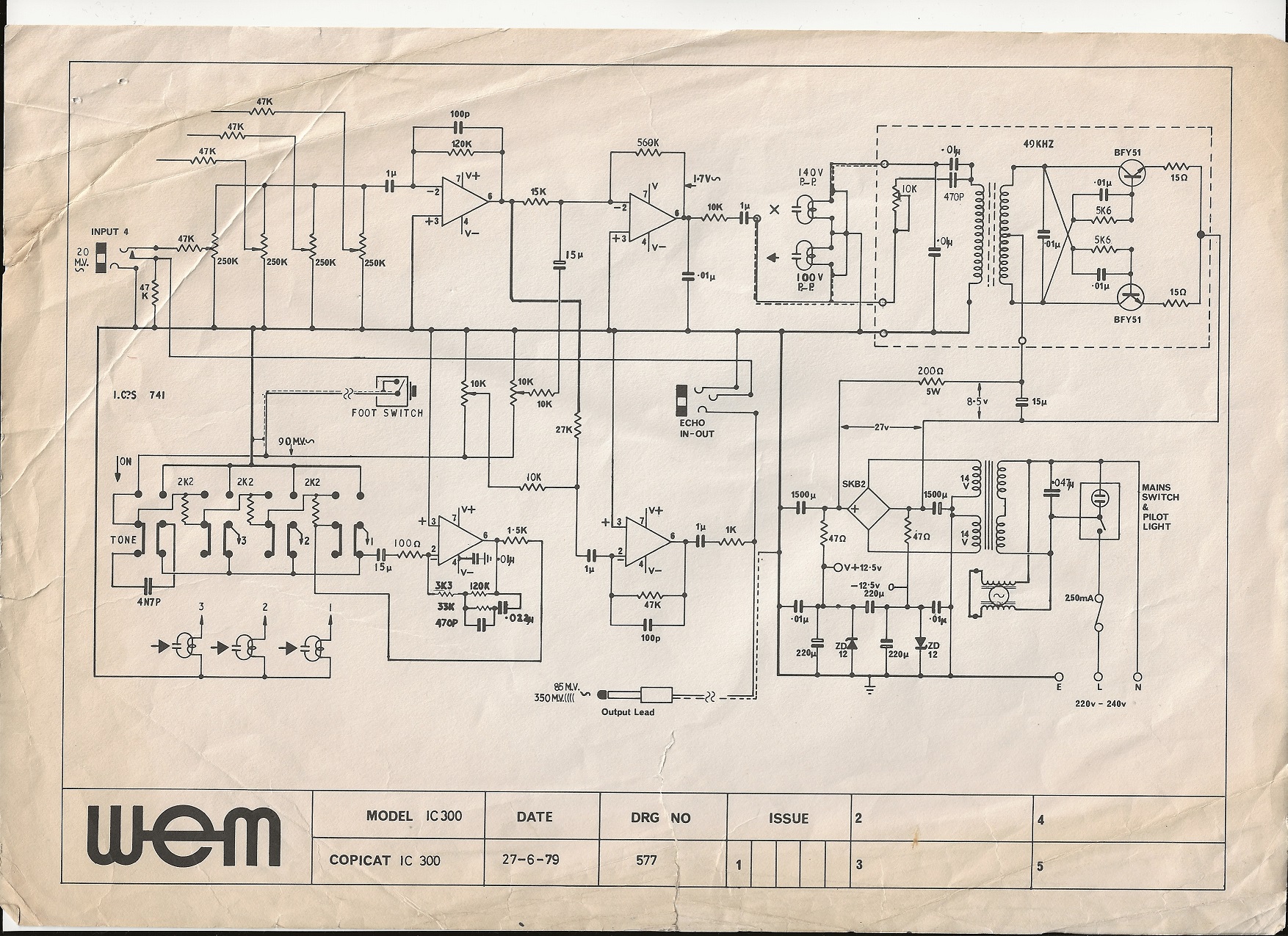When dealing with electrical systems in HVAC equipment, having a clear understanding of the wiring diagrams is crucial for proper installation and troubleshooting. One common wiring diagram that is used in many HVAC systems is the Genteq Ecm 142r Wiring Diagram.
Importance of Genteq Ecm 142r Wiring Diagram
The Genteq Ecm 142r Wiring Diagram is essential for several reasons:
- It provides a visual representation of the electrical connections within the HVAC system.
- It helps ensure that the wiring is done correctly, preventing potential damage to the equipment.
- It serves as a guide for technicians when troubleshooting electrical issues.
Reading and Interpreting Genteq Ecm 142r Wiring Diagram
Reading and interpreting the Genteq Ecm 142r Wiring Diagram effectively requires attention to detail and a basic understanding of electrical circuits. Here are some tips to help you navigate the wiring diagram:
- Identify the components and their corresponding symbols on the diagram.
- Follow the flow of the electrical current through the system to understand how the components are connected.
- Pay attention to the color-coding of the wires to ensure proper connections.
Using Genteq Ecm 142r Wiring Diagram for Troubleshooting
When faced with electrical problems in HVAC equipment, the Genteq Ecm 142r Wiring Diagram can be a valuable tool for troubleshooting. Here’s how you can use the wiring diagram effectively:
- Trace the electrical connections to identify any loose or damaged wires.
- Check for continuity and voltage at various points in the circuit to pinpoint the source of the problem.
- Refer to the wiring diagram to understand how the components are supposed to be connected and troubleshoot accordingly.
Safety Tips for Working with Genteq Ecm 142r Wiring Diagram
When working with electrical systems and using wiring diagrams, it is essential to prioritize safety. Here are some safety tips and best practices to keep in mind:
- Always turn off the power before working on any electrical equipment to prevent electric shock.
- Use insulated tools and wear appropriate personal protective equipment when handling electrical components.
- Double-check your work and ensure that all connections are secure before restoring power to the system.
Genteq Ecm 142r Wiring Diagram
Genteq Ecm 142R Wiring Diagram | Wiring Expert Group

Genteq Ecm 142R Wiring Diagram | Wiring Expert Group

genteq ecm 142r wiring diagram

Understanding Genteq ECM 142R Wiring Diagram: A Complete Guide

genteq ecm 142r wiring diagram

Genteq Ecm Wiring Diagram
